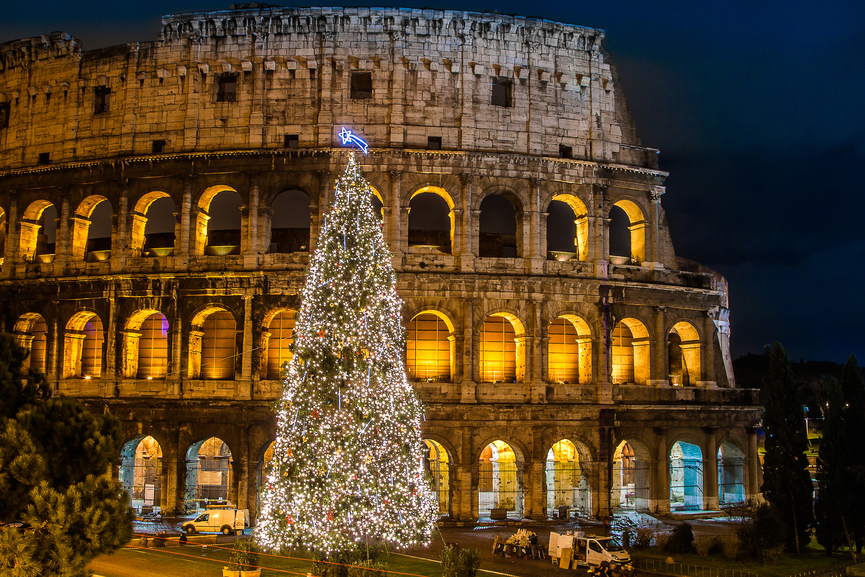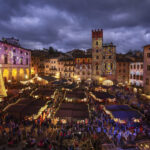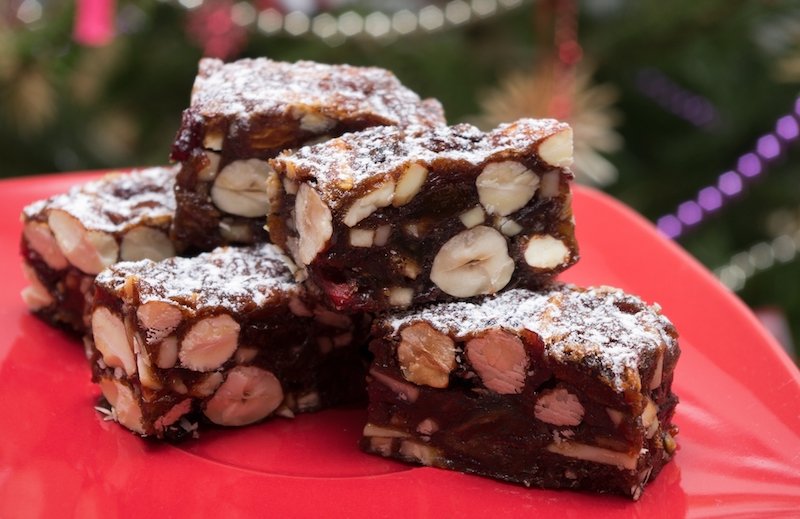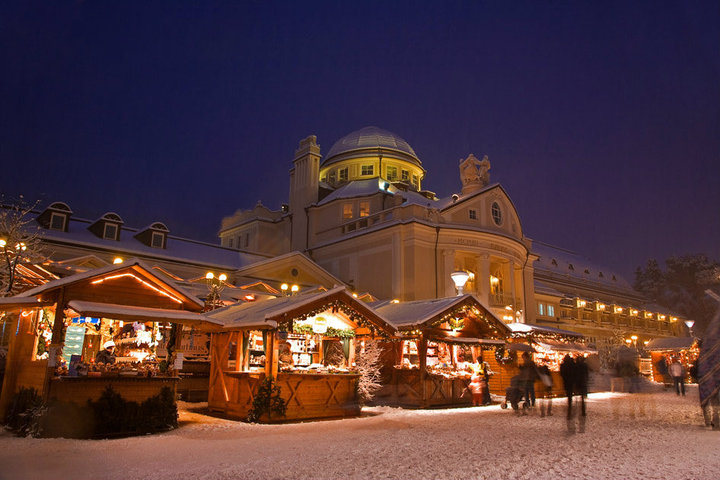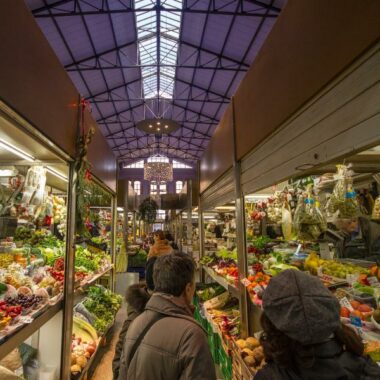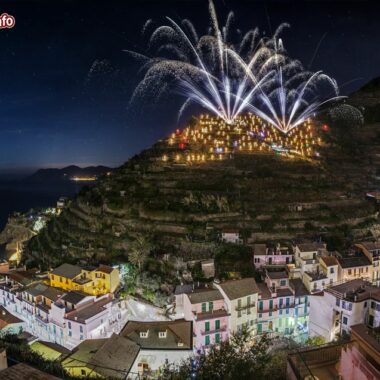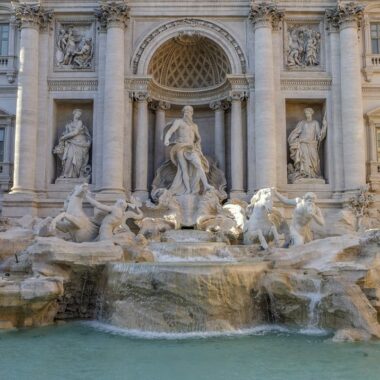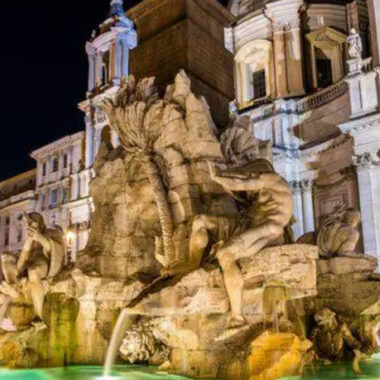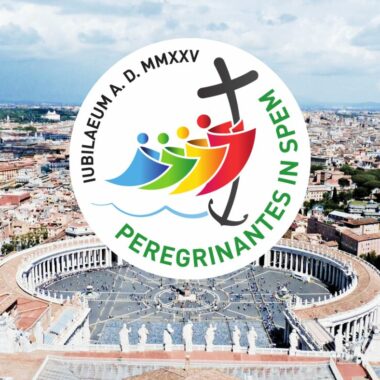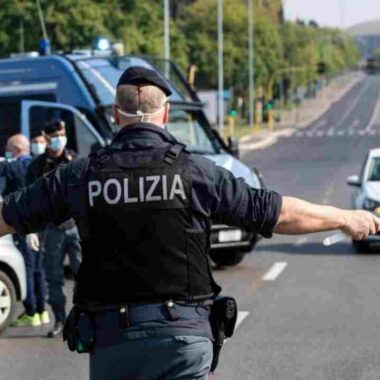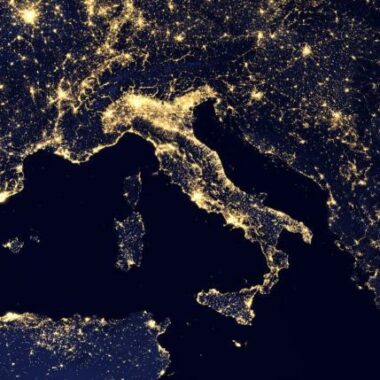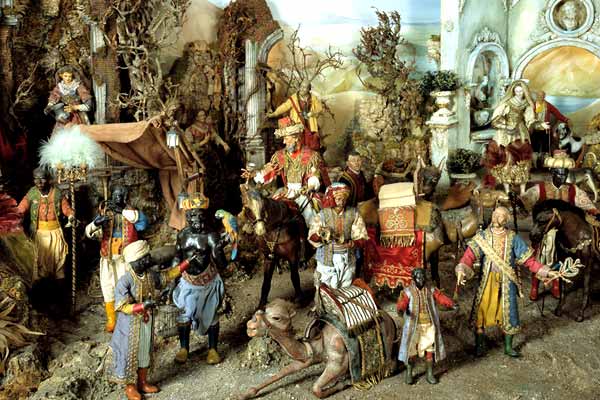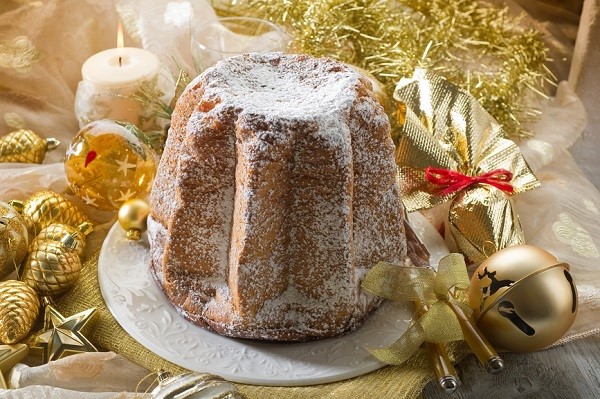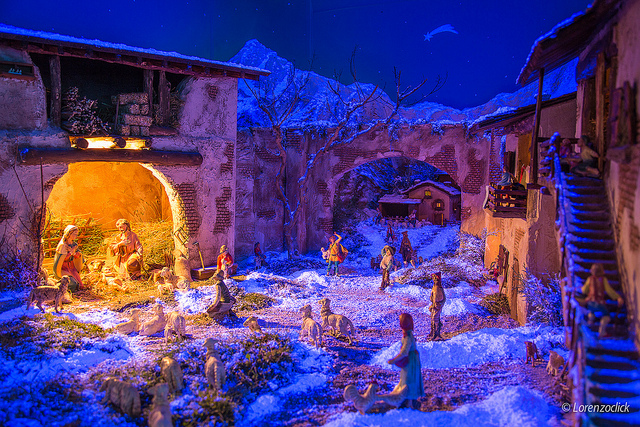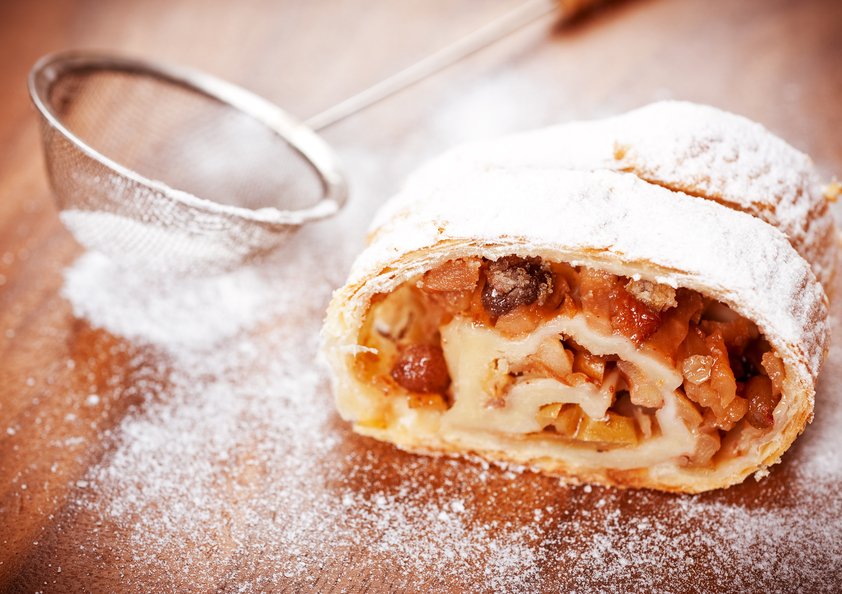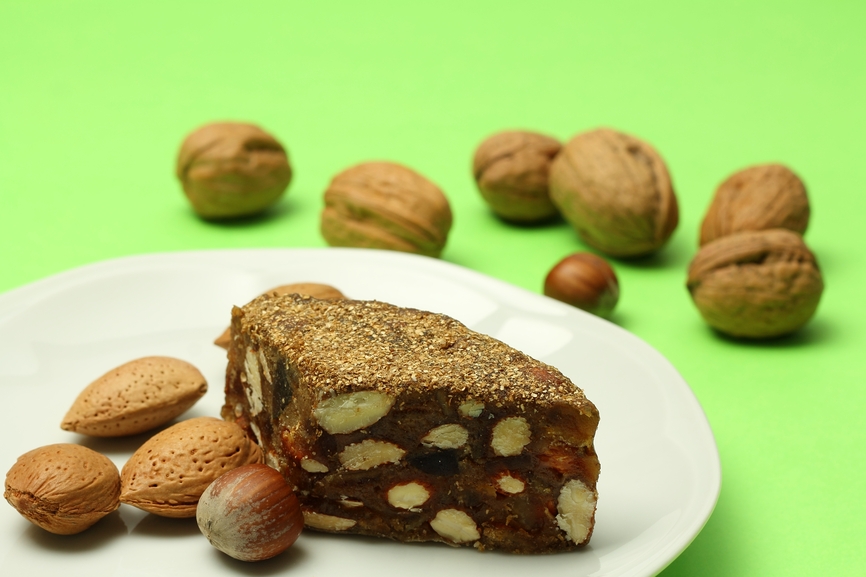How do you say Merry Christmas in Italian?
It must be the most common questions when it comes to Italy’s Christmas vocabulary.
In fact, if you have decided to visit Italy around Christmas, there are some words and expressions you absolutely need to know and recognize: from albero di Natale to presepe, our typical decorations for this time of the year, to the names of our most loved seasonal cakes and sweets; from the characters who make our Christmas a real Christmas, to the most typical events of the period, here comes our –almost!– complete Italian Christmas dictionary to help you have the best of times during your fantastic vacation.
Buon Natale!
…and that’s the answer to our title question: merry Christmas in Italian is “Buon Natale,” which is almost its literal translation. Buon Natale has no boundaries: it’s common all over Italy, among all generations. Buon Natale is just the right way to get into the holiday mood: when you start saying it, it means there must be snow on the ground and mistletoe over the door already!
Albero di Natale
Christmas tree. The albero di Natale is single-handedly the favorite symbol of Christmas in the world. In Italy, people usually decorate it on the day of the Immacolata, on December the 8th. Favorite colors are red and gold, but blue and silver are also very common. Many families choose special ornaments, often kept through the generations, and also add handmade objects made by their children to their tree decorations.
Auguri!
This word is a passe-partout, used for almost every occasion. It is the general term good for every happy event or when congratulating somebody.
Auguri translates with greetings, and at Christmastime you could use Buon Natale, or Merry Christmas, instead. While they are pretty much equivalent, Buon Natale is way more seasonal!
Babbo Natale
Literally, Father Christmas, Santa Claus. Traditionally Babbo Natale gets into the house of every Italian through the chimney and, as everywhere else in the world, a lot of Italian fathers like to disguise themselves as Babbo Natale to surprise their children. Just as in the US, Babbo Nataleis today a regular feature in the streets and the shopping malls of every town and city in the country.
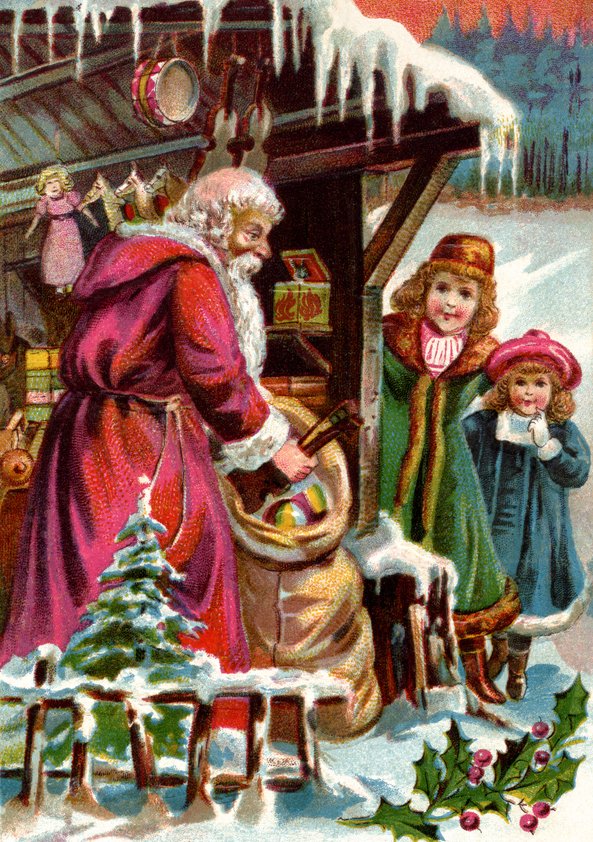
Befana
The old lady we celebrate on the day of the Epyphany, on the 6th of January. The Befana,just as Santa, delivers presents to children in the night between the 5th and the 6th of January, but beware: they are only for good kids! If you have been naughty, she will fill your stocking (that is where she traditionally leaves her gifts) with –sweet!– coal.
Brindisi
The brindisi, toast, is good for every occasion: on Christmas Eve, Christmas Day and New Year’s Eve, brindisi are continuously repeated with a glass of Italian spumante or wine accompanied by the classical formula, auguri!
Calza
Stocking. This is the symbol of the Befana. Children love it, as they usually get loads of candy in it.
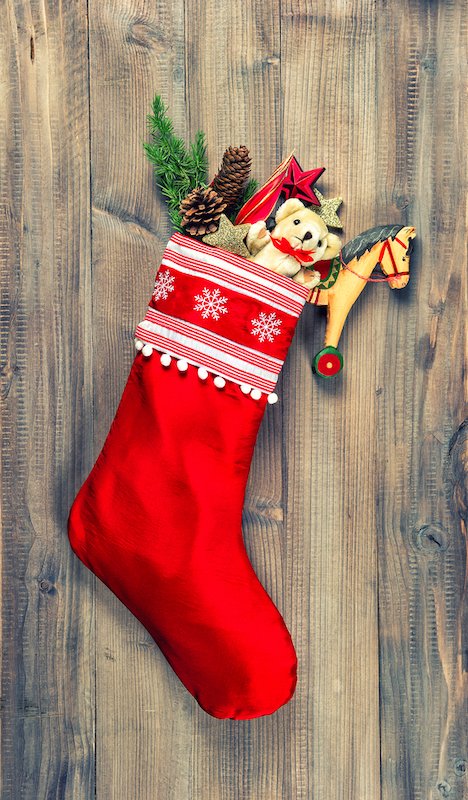
Capodanno
This is New Year’s Eve. Italians use to stay at home with their relatives or eat out, but all of them wait anxiously for the countdown to the new year.
Castagne
Chestnuts. Eating chestnuts around the fireplace is a typical Italian tradition during the Winter, and at Christmas time in particular. It is very common to get caldarroste (roasted chestnuts) sellers in the street a bit everywhere in the country. Delicious and toasty, they taste of snow and cozyness.
Gesù Bambino
Baby Jesus. Up to 30 years ago, it was Gesù Bambinoand not Santa bringing presents to Italian kids. Santa ended up taking over after a few years of sharing the gift delivery business with Him, probably in name of the popularity of American based tv series where Santa Claus was often cited and seen.
Mercatini di Natale
Christmas markets. Usually located in the central streets of towns and cities, traditional decoration and food are usually their best selling items.
Natale
Christmas. This word is the most used in this period as it is associated with all the symbols representing it. A lot of people go to church in the morning and then have a typical lunch of Natale with their relatives.
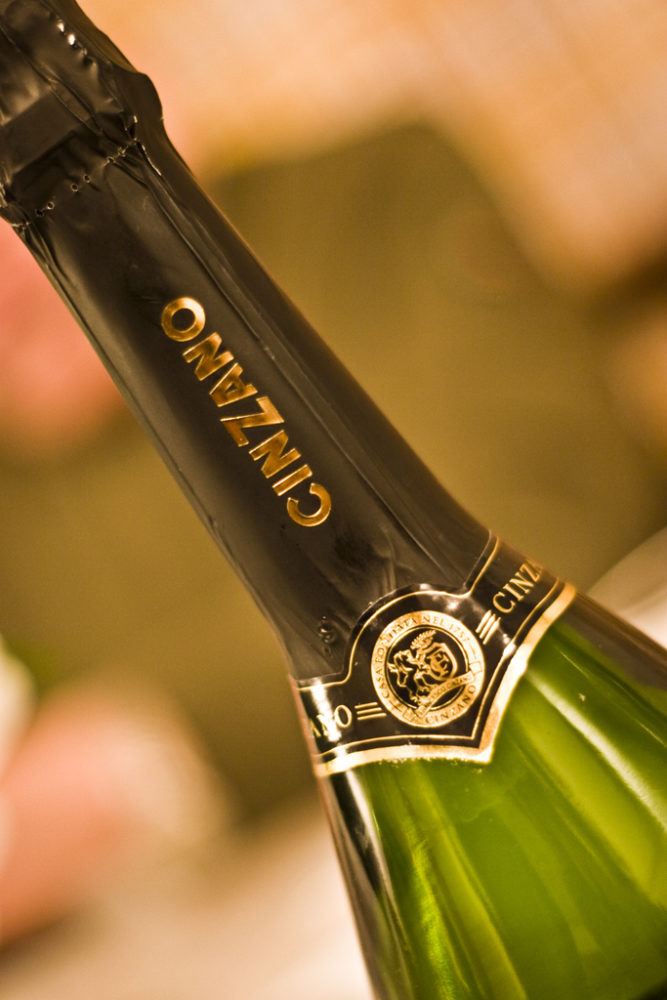
Pandoro and Panettone
Pandoro is, with panettone, the most typical of all Christmas cakes. Remember that pandoro is the one without raisins, different from panettone which, on the other hand, has both raisins and candied fruit. Usually children prefer the first one.
Presepe
The nativity scene. Nativity scenes are the emblem of Christmas itself: there is the manger with Saint Joseph, the Virgin Mary and Jesus Christ, along with many characters typical of village life, such as bakers, shepherds, fishermen.

Torroncini
Little nougats. Torroncini and torrone are typical candy of the Christmas period in Italy and you will find them in many flavors and sizes.
Tombola
Bingo. The tradition of tombola is quite ancient, and its Neapolitan version is very famous. Tombola is popular everywhere though, as it is a good way for people to gather and spend some time together.
Vigilia di Natale
Christmas Eve. This is the day in which the famous cenone, our Christmas dinner, is held. The food changes according to the tradition of each region and also from town to town. Some eat fish and other meat, but the common denominator is the high quantity – and quality!– of food eaten.
Merry Christmas, then!
Now that you learned how to say Merry Christmas in Italian — and a bunch of other words typical of our Christmas vocabulary, you’re ready to enjoy your Italian Christmas: have a good one and enjoy some panettone for us, too!
Edited by Francesca Bezzone


